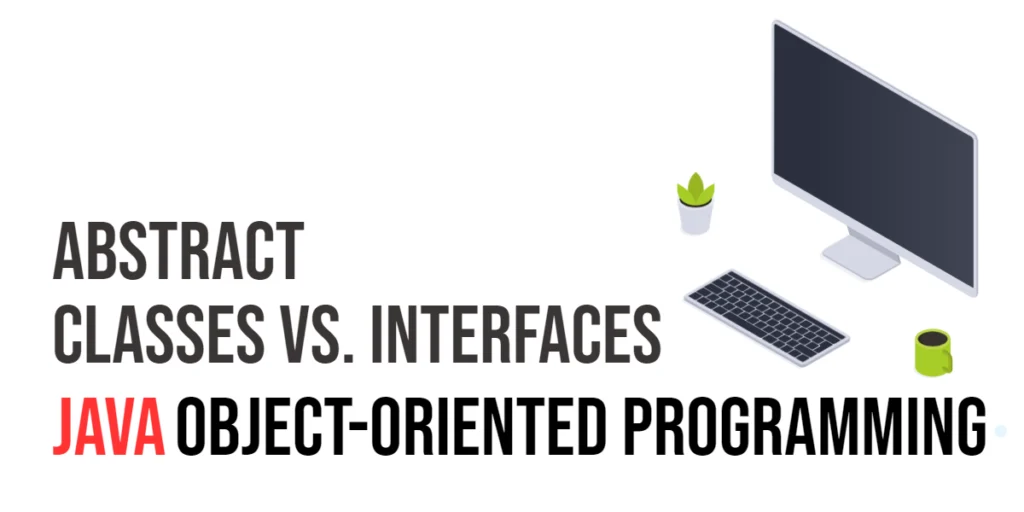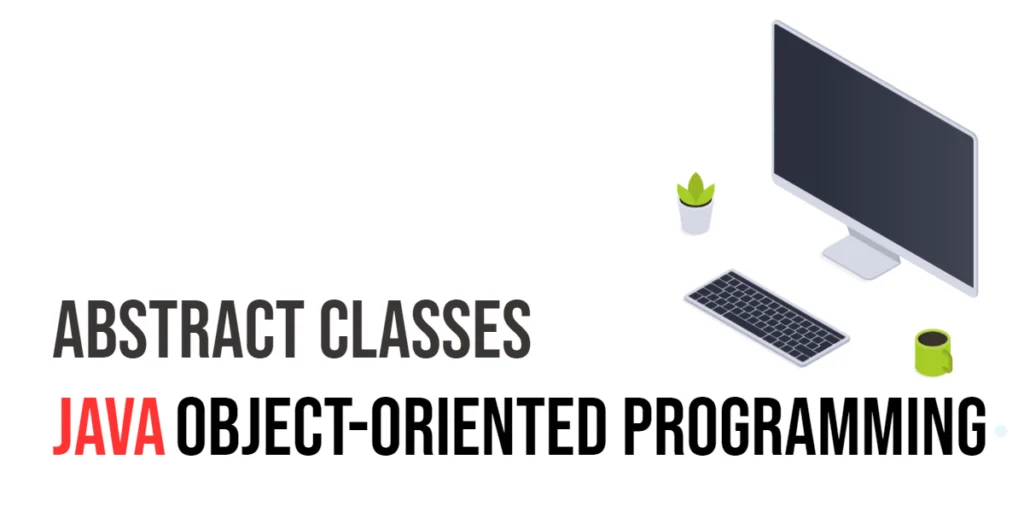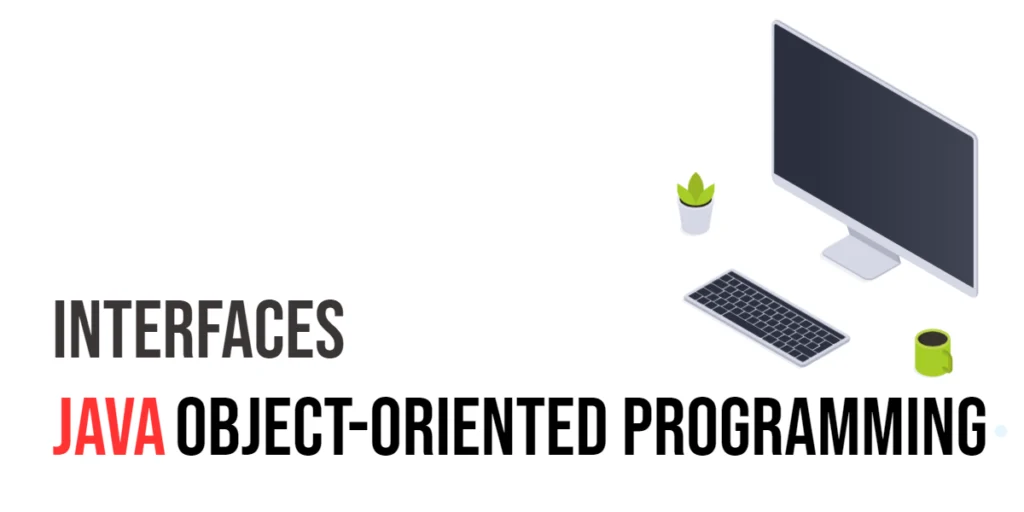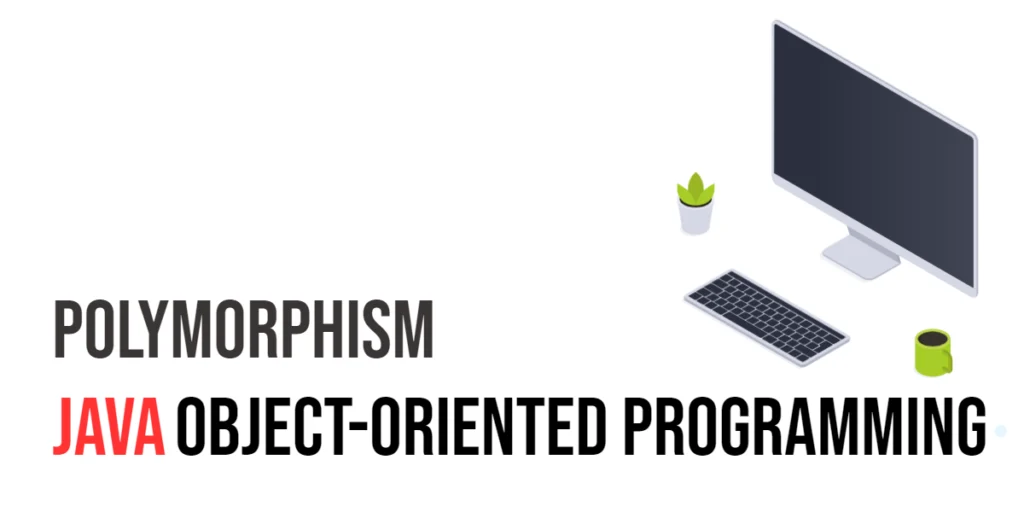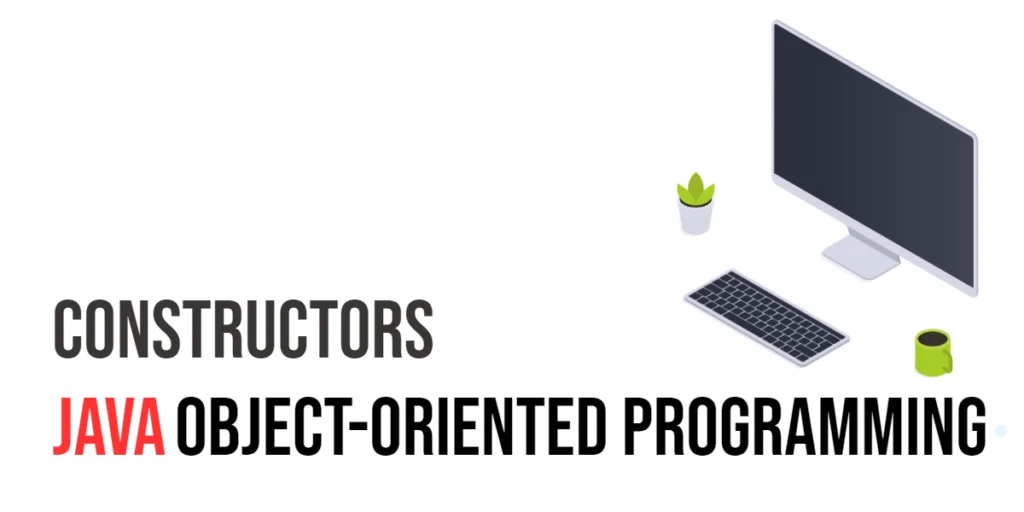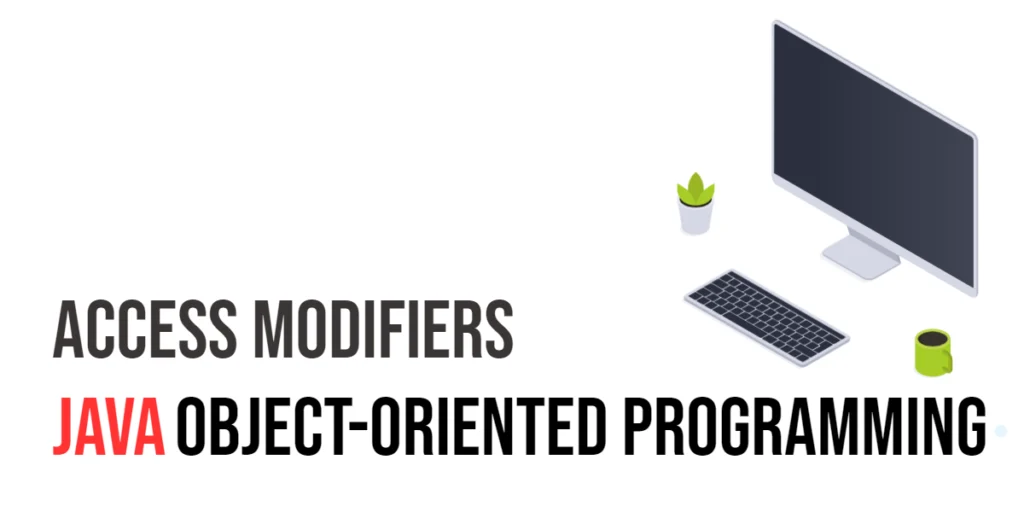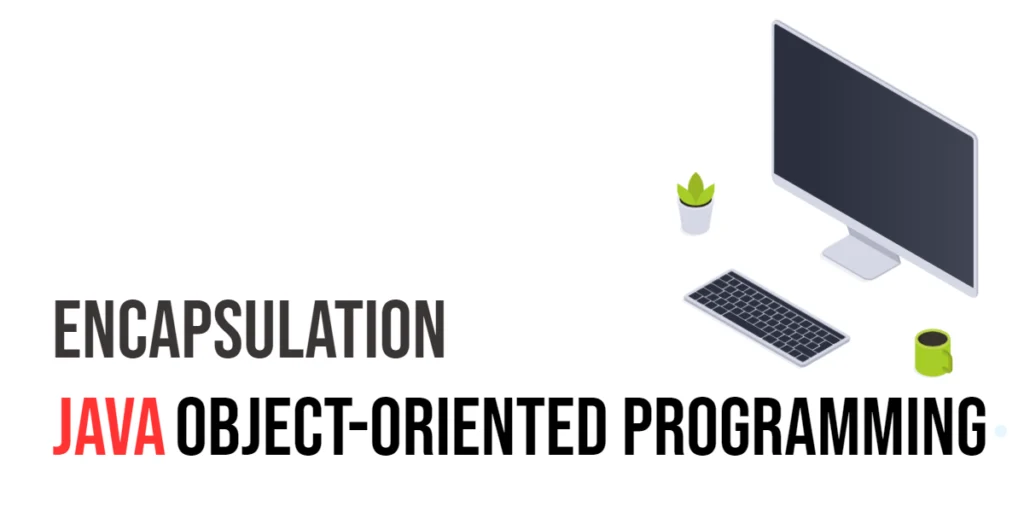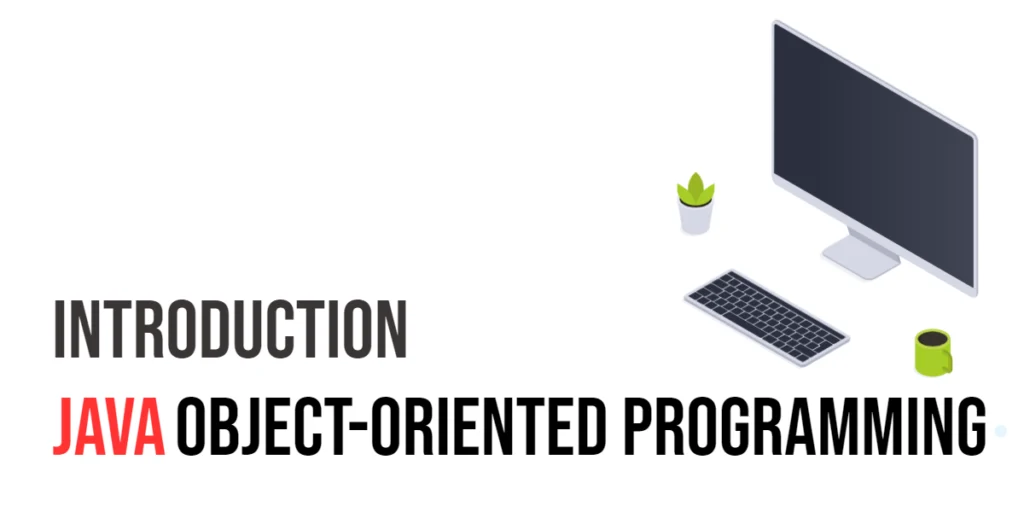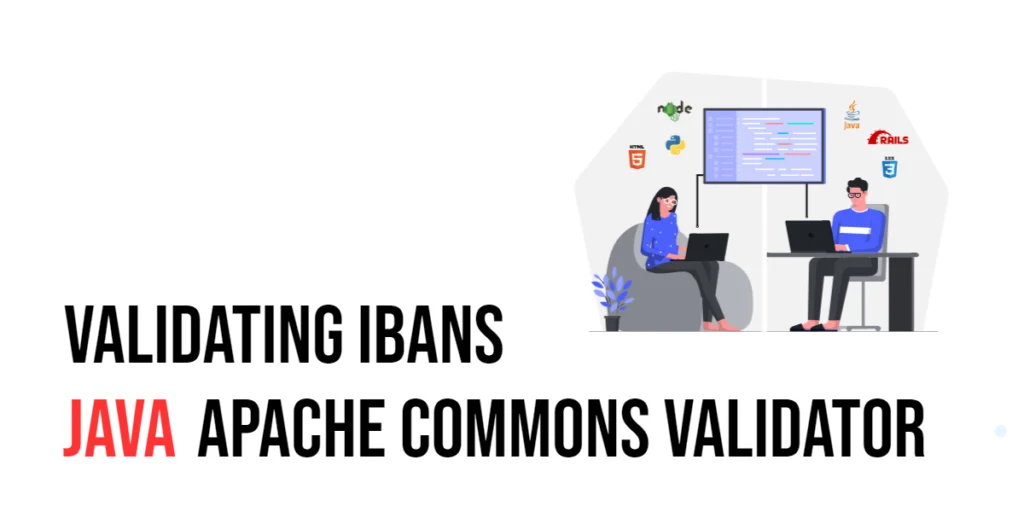Java Object-Oriented Programming: Abstract Classes vs. Interfaces
In the world of object-oriented programming (OOP), Java is a standout choice thanks to its strong framework and a plethora of powerful tools. For many who are just beginning their journey with Java, two concepts can seem particularly tricky: abstract classes and interfaces. These are crucial building blocks for creating organized and effective software. This […]
Java Object-Oriented Programming: Abstract Classes vs. Interfaces Read More »
